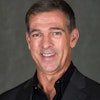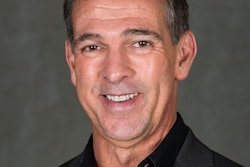Academics on the front lines of higher education around the nation say their institutions should be taking steps to deal with the aftermath of this month’s tragic mass shootings and murders at a gay night club in Orlando, despite the incident’s occurrence being off a college campus and not directly involving students, faculty or an issue with an institution.
Statements by authorities investigating the atrocity suggest the shooter was motivated by messages on social media channels that stirred the gunman’s emotions on a myriad of issues ranging from sexual orientation to religion, politics, ethnic and racial appearance.
The possible impact of social media access and messages suggests academics on the front lines have their work cut out for them, as the higher education community inherits an increasing number of students who may be personally wrestling with the psychological effects of the Orlando shooting and other agonizing issues.
“You’ve got to go ahead, take this on and reaffirm your school’s commitment to diversity and religious freedom,” says Dr. William Russell Robinson, an assistant professor of communications at North Carolina Central University, echoing colleagues around the globe about the initial steps academics should take with their students.
As important, Russell and others say, the Orlando incident should prompt educators to think and ask whether society, and young college students in particular, is experiencing social media overload.
“We have to know whether enough is too much,” says Russell, referring to the fact that modern communications via social media allowed people to instantly communicate about the Orlando shooting from inside the club as people were being murdered.
“As these messages are readily available, it makes it (society) more vulnerable,” he says. Russell taught pop culture and has done extensive research and writing on the impact of social media.















